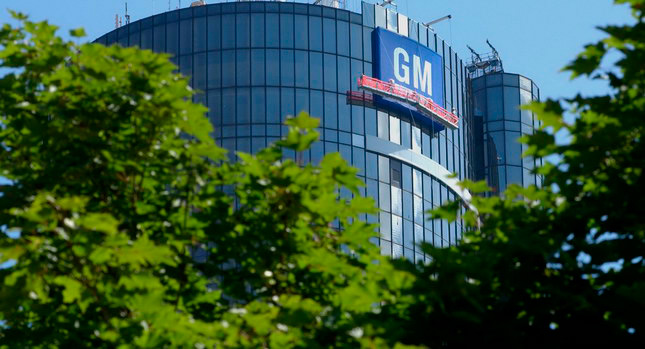Despite making an impressive comeback in the past three years and having recently started the process of buying back the U.S. Treasury’s shares, General Motors is still facing problems connected with its 2009 bailout.
After General Motors Corp., aka the “old” GM, filed for bankruptcy, its best assets were sold to General Motors Co., the “new” GM, and the remainder remained with the “old” company to be liquidated in order to pay back its creditors.
Hedge funds, which held notes with a face value of US$1 billion, received US$367 million under a “lock-up agreement”. Unsecured creditors, on the other hand, received pennies to the dollar.
A trust representing unsecured creditors has filed a lawsuit in the U.S. Bankruptcy Court in Manhattan claiming that the “lock-up agreement” was made at their expense and it was a deal made in secret in order to get the hedge funds’ support.
The trust also claims that the deal was made after the company filed for bankruptcy and therefore should have received the approval of Judge Robert Gerber, which it didn’t, so it should be dissolved.
While the “new” GM is not a defendant, this lawsuit could lead to a loss of nearly US$1 billion – or US$918 million to be exact. That’s because it could be tied-up due to a loan that was owed by GM Canada to a Nova Scotia-based financing unit that had issued notes to the hedge funds.
The governments of U.S. and Canada, which were financing the bailout, wanted GM Canada to keep clear of the case due to the country’s complicated proceedings and agreed to pay the US$367 million to the hedge funds in order to settle the issue with the financing unit.
Last July, at a court hearing, Judge Gerber said that he was “shocked” to hear about the lock-up agreement.
“The bottom line is that this matter is huge”, he said. “There was a lack of disclosure to the court on the matter with the potential to injure ‘Old GM’ creditors to the extent of hundreds of millions, if not billions of dollars.”
GM and the hedge funds say that the lock-up agreement was made before, not after, the bankruptcy filing therefore it didn’t need Gerber’s approval.
Moreover, they argue that the deal cannot be undone because that would mean that the whole restructuring that took place should also be undone, too.
Although Gerber didn’t disclose when he will rule on the agreement, something experts believe could happen even this month, he did comment that he expects his decision to be appealed.
By Andrew Tsaousis
Story References: Automotive News
PHOTO GALLERY








